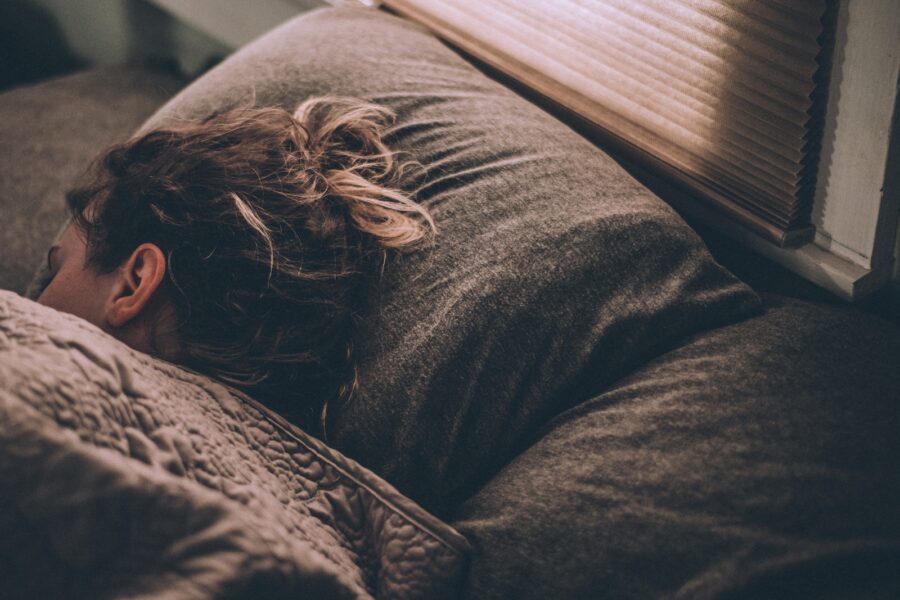As we continue through the darkest period of the year with the least natural daylight, in an exclusive interview with Vitabiotics, sleep expert and coach Dave Gibson shares how to navigate your sleep routine when experiencing the winter blues.
How can dark winter days disrupt our sleep patterns?
From advances in Sleep Science, we know that the difference between the brightness of the day, especially early morning light, and the depth of darkness at night strengthens our body clock or Circadian Rhythm. This, in turn, makes it easier to get to sleep. However, the dull, grey winter days effectively blur day and night and decrease our ability to accurately track when we are supposed to sleep. This disruption in the Circadian Rhythm can then make it harder to get to sleep at night.
For some, this increase in darkness is accompanied with a decrease in Serotonin levels, one of our ‘feel good’ hormones. However, this is more commonly associated with a more severe form of depression called Seasonal Affective Disorder.
What are some tips to combat Winter Blues?
One area to focus on is to make sure you get outside for at least half an hour every day, which is proven to improve sleep. Also, you could consider getting something called a SAD lamp, which emits a high intensity of light which you expose yourself to first thing in the morning.
Other areas to consider specifically during this period include making sure you exercise regularly, eating healthily and socialising with friends and family. During the darker, colder months, all of these tend to slip. Studies have shown that reductions in each of these factors can negatively affect mood and contribute to the winter blues.
How can we maintain sleeping hygiene during the winter months?
The basic building blocks of sleep hygiene would apply irrespective of season or preferences. There are three, however, that are especially important during the winter months.
- The first is to try to get to sleep and wake up at roughly the same time each day, as this strengthens the body clock.
- Avoid using your phone in bed even with the blue light filter on, as it’s proven to both increase alertness and delay you getting to sleep at the time you planned.
- Avoid the temptation to lie in bed longer, especially during the winter mornings and instead get out of bed and get some sunlight straight away to set up your body clock for the day ahead.
What are some lifestyle habits that can promote better sleep throughout the year?
Apart from a healthy lifestyle including a Mediterranean Diet, drinking lots of water and having regular exercise, I would say learning to meditate would be top of my list.
As well as reducing stress levels, meditation is a perfect way to improve your mental health and help you get to sleep more easily.
If you are struggling with feelings of depression over a long period, also speak to your GP.
Joanne is the editor for Workplace Wellbeing Professional and has a keen interest in promoting the safety and wellbeing of the global workforce. After earning a bachelor's degree in English literature and media studies, she taught English in China and Vietnam for two years. Before joining Work Well Pro, Joanne worked as a marketing coordinator for luxury property, where her responsibilities included blog writing, photography, and video creation.



